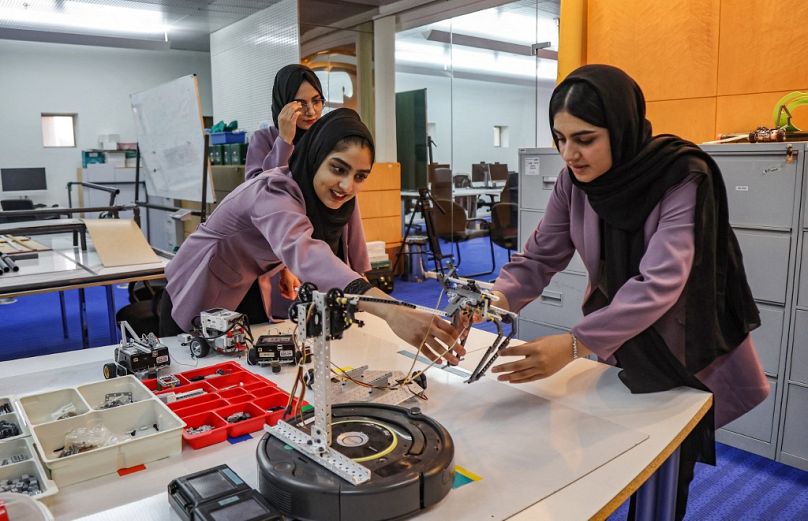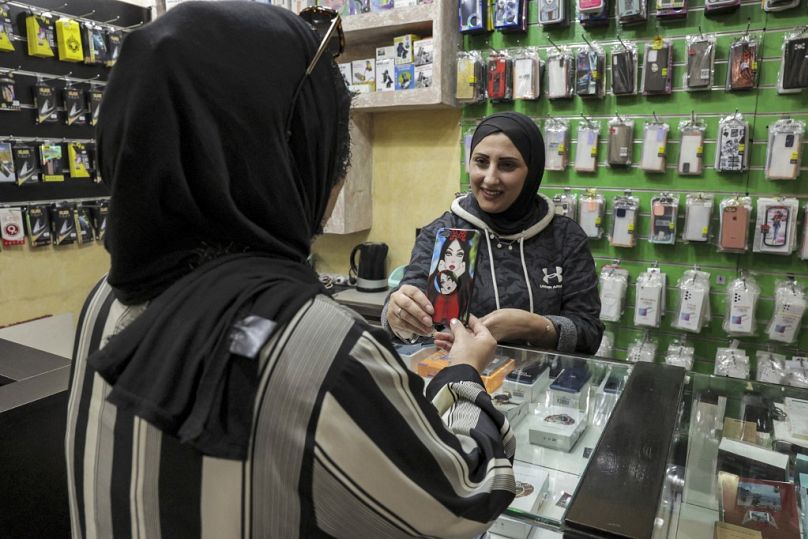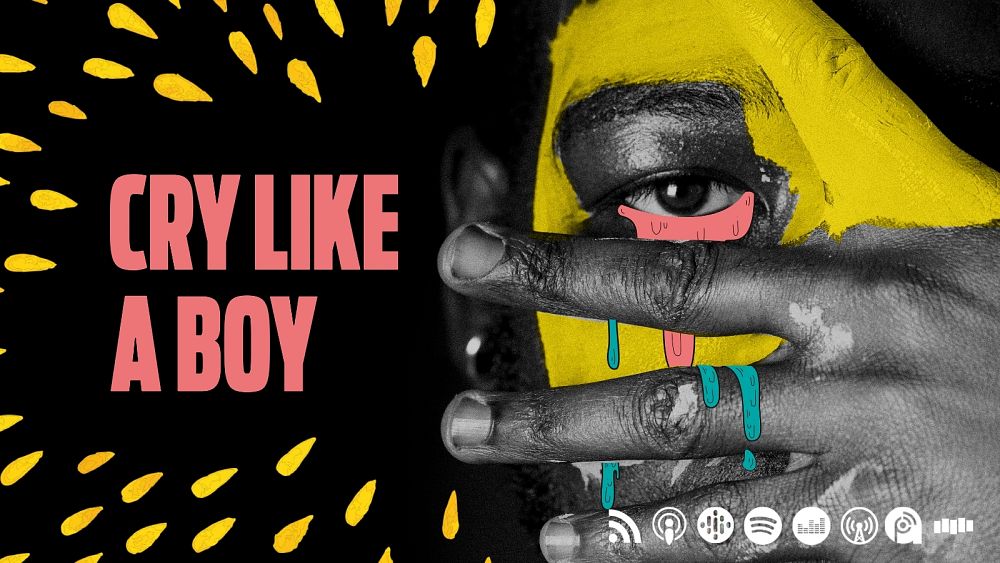
Women in technology have nothing to fear — except their own hesitance

As we celebrate International Women’s Day, it is important to recognise just how much progress has been made for the advancement of women in science and tech.
While there are still many challenges faced by women in these sectors, be it in Europe, in the Middle East — where I am based — or globally, there is also a great deal of good news to be shared.
In the MENA region today, women are better-educated than ever, with an impressive 57% of science, technology, engineering, and mathematics or STEM graduates being women. What a huge pool of potential that represents.
The problem that arises is turning that educational success into raising the number of women in the workplace, which currently languishes at just 22% of the region’s workforce.
We cannot be complacent and must build on educational attainment in STEM — but we now have to convert the success into jobs.
We need to own our future
The Middle East and North Africa are not unique, however.
The gender gap in the tech industry remains a global issue, with the number of women in big tech falling by 2.1% in 2022, despite only 19% of the total global technology sector workforce being female.
To take the challenge of converting qualifications into jobs, women wanting to enter the world of science and technology need to “woman-up”, for they have nothing to fear about their abilities.

Other women have already acted as trailblazers, achieving significant success and are regularly being recognised for it.
Every year there are rankings, award ceremonies and other not-so-public demonstrations that being a woman in patriarchal societies should not hold you back.
This public recognition — a by-product of International Women’s Day — produces many female role models and mentors who are more than happy to share their experiences with other women, explaining what works and what doesn’t.
There’s no room for modesty
I firmly believe the greatest obstacle to any person becoming successful is in their mind; it is about attitude.
And once success is achieved, you have to make sure people know about it — there is no room for modesty.
Your toughest competitors are not going to do it for you, regardless of their gender.

What successful women have shown is it is far more important to identify what their opportunities are and how to exploit them rather than dwell on what, because of your gender, might hold you back.
That’s a waste of time and energy.
For instance, we live in a globalised world and understanding how other cultures might differ from your own is vital. It reveals the opportunities that are there before you.
Female representation in STEM requires personal commitment, too
Being from Turkey, I understood how I could pivot between my understanding of European and Arab cultures, benefitting from both.
I discovered that the MENA region has its own business culture that relies on building relationships and engendering trust, so I sought to establish strong working relationships.
As a successful woman in tech in the Middle East, I am committed to improving female representation in science and tech.

I was the first woman to conduct AI and ML training for women in the MENA region, working with the Saudi Arabian Ministries of Cyber Defense and Communications & Information Technology.
Through that, I became convinced raising awareness of education was an important factor in increasing the number of women in technology.
As a starting point, we need to promote the opportunities for women in tech, ensuring young girls become excited by the tech industry at an early age, as I was, and learn of the different options available.
My experience tells me that coding provides the basis for all tech careers, and that’s what young women need to learn — then the rest will follow.
Female support networks for ambitious women are crucial
Working together and supporting each other will continue to be crucial in the push to increase the representation of females working in tech.
For me, becoming a mentor for the United Nations and the NAMA Women Empowerment program was the answer, but we can all find our own ways to help.
One way is for ambitious women to be introduced to female support networks where they can familiarise themselves with the challenges women face in the industry.

There is also more that can be done to introduce women to the fast-expanding MENA tech community — which is enjoying a huge expansion in investment in the region as fintech, health tech, agritech, edutech and other applications multiply and will need far more recruits.
The technology community should provide many more opportunities for female-focused support, such as incubators, accelerators and specialist programs, so the benefits of education are not lost, or our graduates feel they have to move abroad.
A woman who dreams of being a tech entrepreneur or establishing a successful career in science or tech has nothing to fear but her own hesitance.
The opportunities are out there. Go, girl!
Melda Akın is the CEO and founder of D14.AI, an AI business optimisation company. A computer scientist, entrepreneur and UN mentor, Akın was ranked among the Forbes’ Top 20 Women in Tech in the MENA region in 2021 and 2022.
At Euronews, we believe all views matter. Contact us at [email protected] to send pitches or submissions and be part of the conversation.



